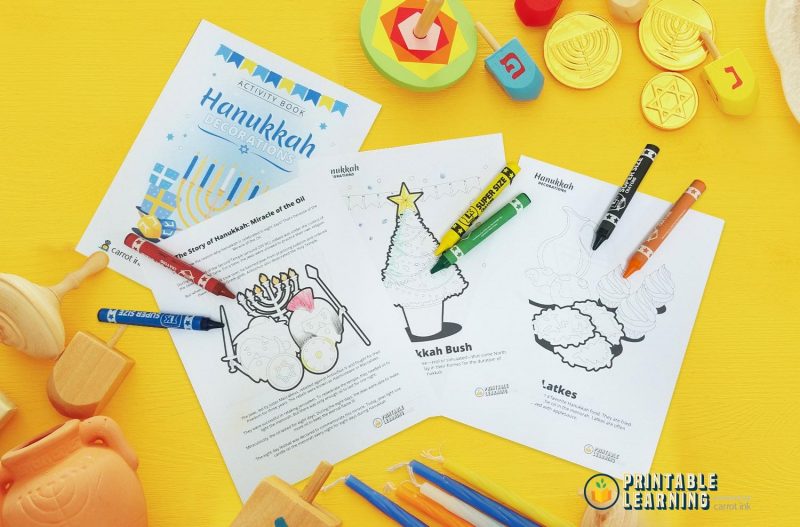5 Tips for Nurturing Strong Positive Relationships with Foster Children in Bristol
Children in foster care have often faced traumatic experiences, meaning they may lack positive and secure connections. Fortunately, as a foster carer, you’re able to provide this for any child that comes into your home. Naturally, forming positive relationships won’t be plain sailing, but you must keep your head held up and never let up. To give you a helping hand, we’ve put together five tips for building strong positive relationships with foster children.
Trust Building
Trust is the scaffolding that props up valuable relationships, but it takes time to instil. Luckily, there are plenty of tactics you can use to start building trust, including sharing snippets of personal information. When a foster child feels responsible for valuable information, you’ll demonstrate that you trust them, which may just make them open the door to mutual trust.
When you’re fostering in Bristol and need support, your agency will always be just one phone call away. By having an open conversation with your social worker, the both of you can work together to find ways to successfully build trust.
Positive Praise
Children thrive on positive praise, so don’t be shy when it comes to showering foster children with it. However, this doesn’t mean rule-breaking needs to be accepted; pick your battles and use appropriate discipline when handling common foster child behaviours. Then, when positive behaviours and actions emerge, be sure to make a deal out of giving praise. Giving praise for positive actions, regardless of size, will help your foster child feel confident, which will strengthen your bond.
Making Time
Foster children may feel alone and isolated, which is why you need to spend as much time with them as possible. This isn’t time simply in the same room – we mean quality time engaged in a shared experience. For example, you can go to the park, play games, go to the cinema, do some crafts, and more. To get the most out of your time together and allow it to have the biggest impact on your positive relationship, integrate quality time into your schedule to promote stability.
Listen Attentively
Communication is another essential part of any relationship, so make sure you provide opportunities for your foster children to talk openly with you. While they’re confiding in you, make sure that you’re actively listening and offering reassurance where possible. Even if you don’t completely understand the feelings, you’re responsible for making sure everything they say is valid.
Screen Time Control
Screen-based technology is designed to be enjoyed, so there’s no problem with allowing your foster children to experience this. However, if they’re glued to a screen for too long, your relationship will never flourish. Luckily, you can strike a balance by installing screen management software on devices and setting house rules around leaving devices downstairs at night.
Building positive relationships with foster children is essential, but the path won’t always be clear. Every step you take on this journey needs to promote trust, as there will never be a positive relationship without it.




